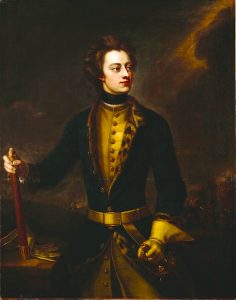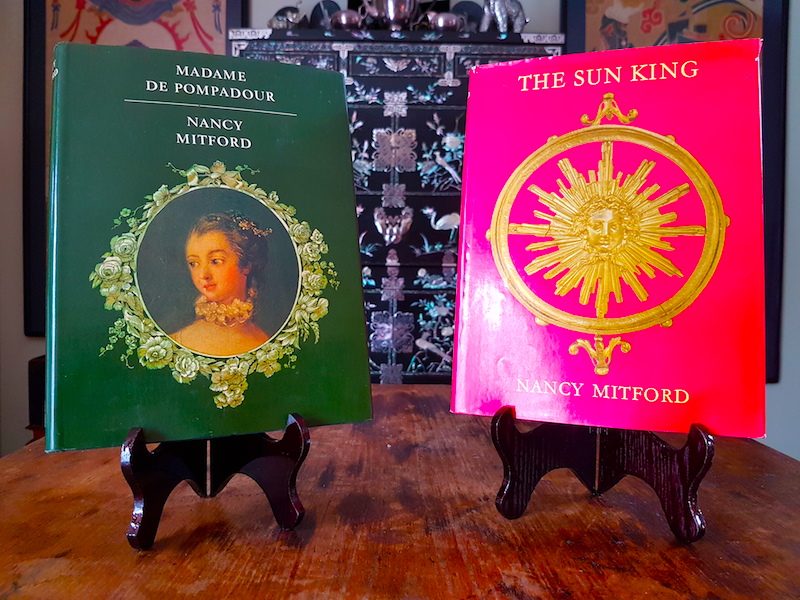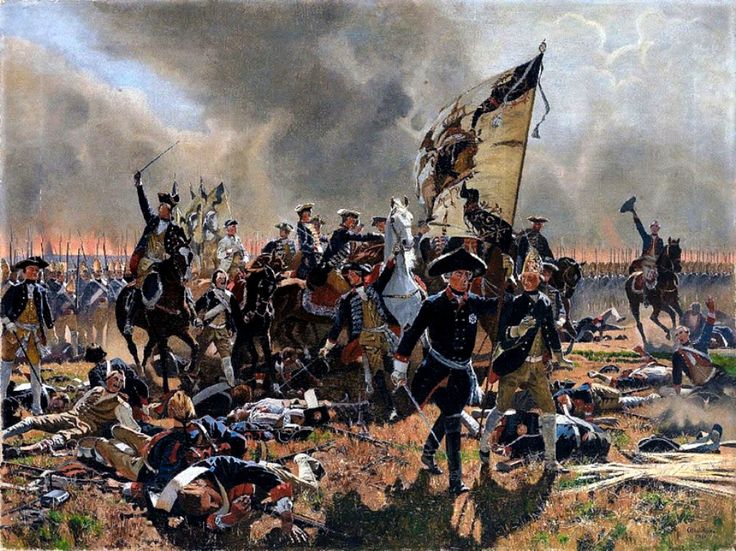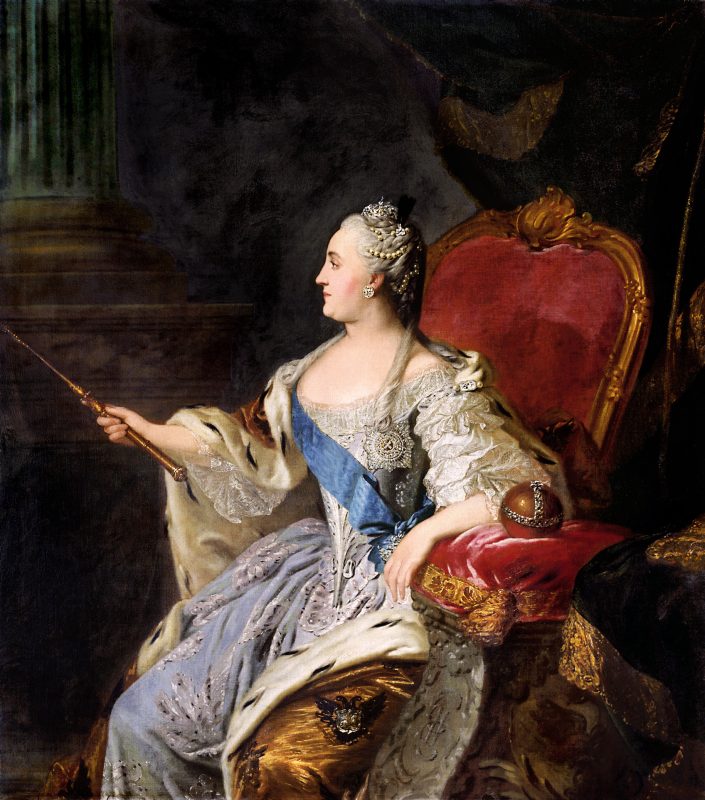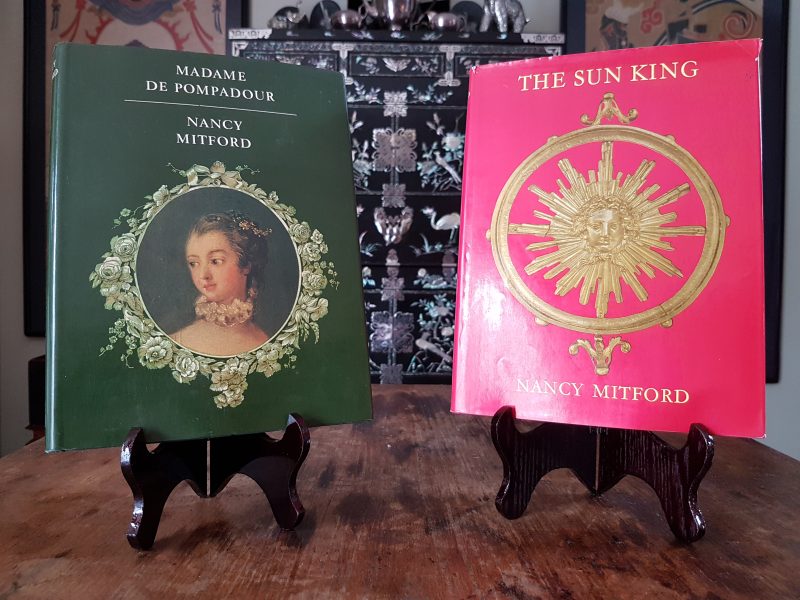It was on this day 288 years ago that the fabled French actress Adrienne Lecouvreur died in Paris.
Born to a humble family in 1692, she won acclaim as an actress in Lille, Lunéville, and Strasbourg before being invited to join the company of the Comédie Française. For her first appearance in France’s most prestigious theatre, she chose the title role of Crébillon’s ‘Electra.’ Against the prevailing elaborate style, she appeared in a simple white dress in the manner of a Greek tunic. Her acting style was similarly naturalistic compared to the declamatory style then in vogue.
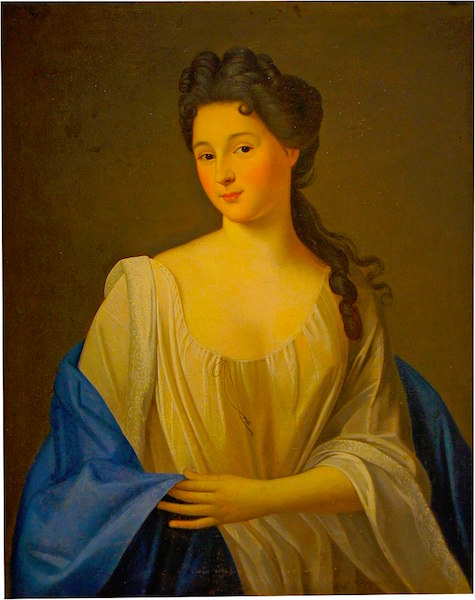
Adrienne Lecouvreur at the time of her Comédie Française debut. Credit: Wikimedia.
It was a great success, and she would go on to appear in a number of Voltaire’s early plays. They also had an affair. In 1725, she was involved in one of the key episodes in Voltaire’s life. The pair were at the opera when the Chevalier de Rohan-Chabot, another lover of Adrienne’s, joined them in their box and picked a quarrel with Voltaire. Nancy Mitford recounts the scene in her book Voltaire in Love:
During the evening the Chevalier said, insultingly and several times: ‘M. de Voltaire, M. Arouet or whatever you call yourself.’ In the end, Voltaire lost his temper and said that he was the first of his name while the Chevalier was the last of his. This stung Rohan-Chabot on the raw. His grandmother had been the only child of the Duc de Rohan, an ancient family descended from the Kings of Brittany. She had married a Chabot; the family was no longer Rohan at all. The Chevalier, furious, lifted his cane and and said that such an insult could only be wiped out by a good hiding. Voltaire put his hand to his sword; Mlle Lecouvreur tactfully fainted away and the Chevalier left the box. (pp 43-44)
He was as good as his word, however. Several days later, he and his men accosted Voltaire in the street and beat him mercilessly. The author’s high society friend did nothing to obtain justice for him, so he started taking fencing lessons. The authorities, fearing the scandal of a duel, clapped him into the Bastille. On his release after a couple of weeks, he went to England. His English sojourn of nearly 3 years inspired one of his most influential works, the Lettres Philosophiques, known in English as Letters Concerning the English Nation.
Her early death from pneumonia caused two scandals. First, it was rumoured that she had been poisoned by the Duchesse de Bouillon, her rival for the love of the dashing Maurice de Saxe. This version of her death, though most likely untrue, has inspired plays, several operas and operettas, and half a dozen film treatments. Second, as an actress, she was forbidden a Christian burial by the French church. Voltaire wrote one of his first polemics in protest, but in vain.
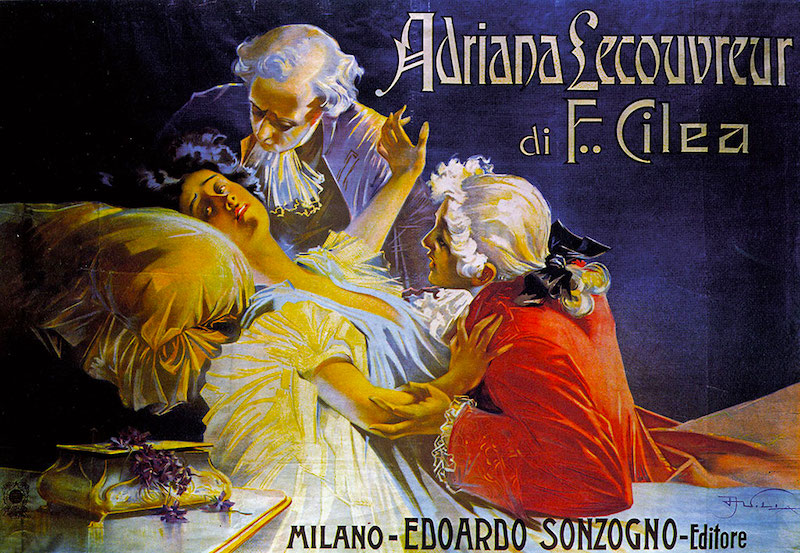
Poster for Cilea’s opera Adriana Lecouvreur. Credit: Aleardo Villa – http://www.invaluable.com/auction-lot/aleardo-villa-italian,-1865-1906-16-c-9j6cisvnfcMore information at Getty Images, Public Domain, https://commons.wikimedia.org/w/index.php?curid=31296907.
Sources: The Wikipedia article “Adrienne Lecouvreur” and Voltaire in Love by Nancy Mitford.
